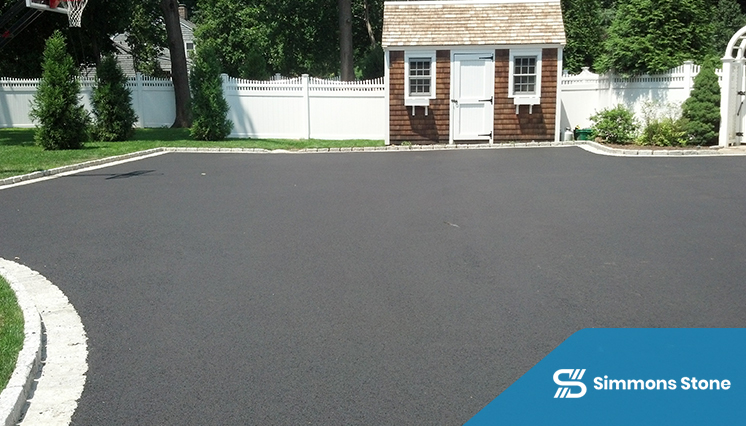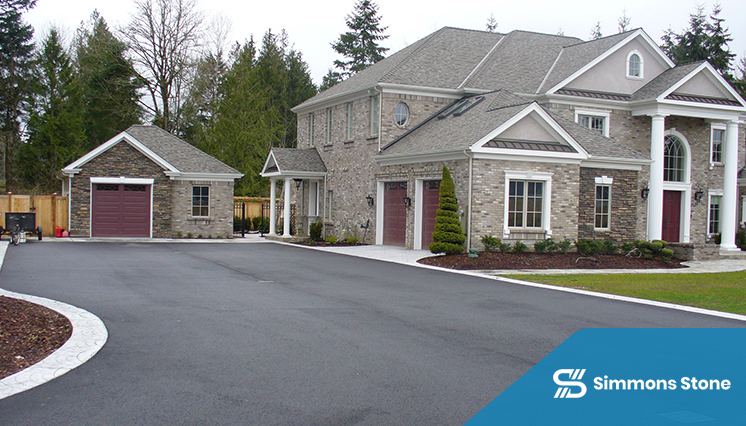About Sealing Driveways
Driveway sealing involves applying a high-quality protective coating over your driveway’s surface. You can use asphalt, concrete, or pavers. This sealant forms a barrier that repels water, oil, and chemicals, and also helps resist cracking and fading caused by sun exposure as well as changes in temperatures.

Our Services
We offer expert sealing for all driveway types:
Asphalt Sealcoating
Deep black finish that restores color and protects against cracks.
Concrete Sealing
Clear or tinted sealers that guard against moisture and staining.
Paver Sealing
Enhances color, locks in joint sand, and prevents weed growth.
Why Seal Your Driveway?
Sealing offers several benefits:

Protects Against Damage
Prevents water penetration, freeze-thaw cracking, and erosion.
Extends Lifespan
Regular sealing can double the life of your driveway.
Improves Appearance
Restores a clean, fresh look, which increases your curb appeal instantly.
Prevents Stains & Fading
Stops oil, chemicals, and UV rays from damaging your driveway’s surface.
Best Sealers for Each Driveway Type
Asphalt:
Coal tar or asphalt emulsion-based sealers.
Concrete:
Penetrating silane/siloxane or acrylic-based sealers.
Pavers:
Wet-look or natural-finish sealers that harden joint sand.
Standard Recommendation
Application Frequency:
- Asphalt: Every 2 to 3 years.
- Concrete/Pavers: Every 3 to 5 years.
Drying Time:
- Foot traffic: 24 hours.
- Vehicle traffic: 48 to 72 hours.
Best Season for Sealing:
Spring through early fall when temps are a bit higher and dry.
FAQ
Is sealing really necessary?
Yes! Sealing is one of the best ways to prolong your driveway’s life and maintain its appearance.
How soon after installation can I seal my driveway?
For asphalt, wait at least 90 days. Likewise for concrete, 28 days minimum.
Will sealing make my driveway slippery?
Some finishes can be slick, but we offer non-slip additives to keep your driveway safe.